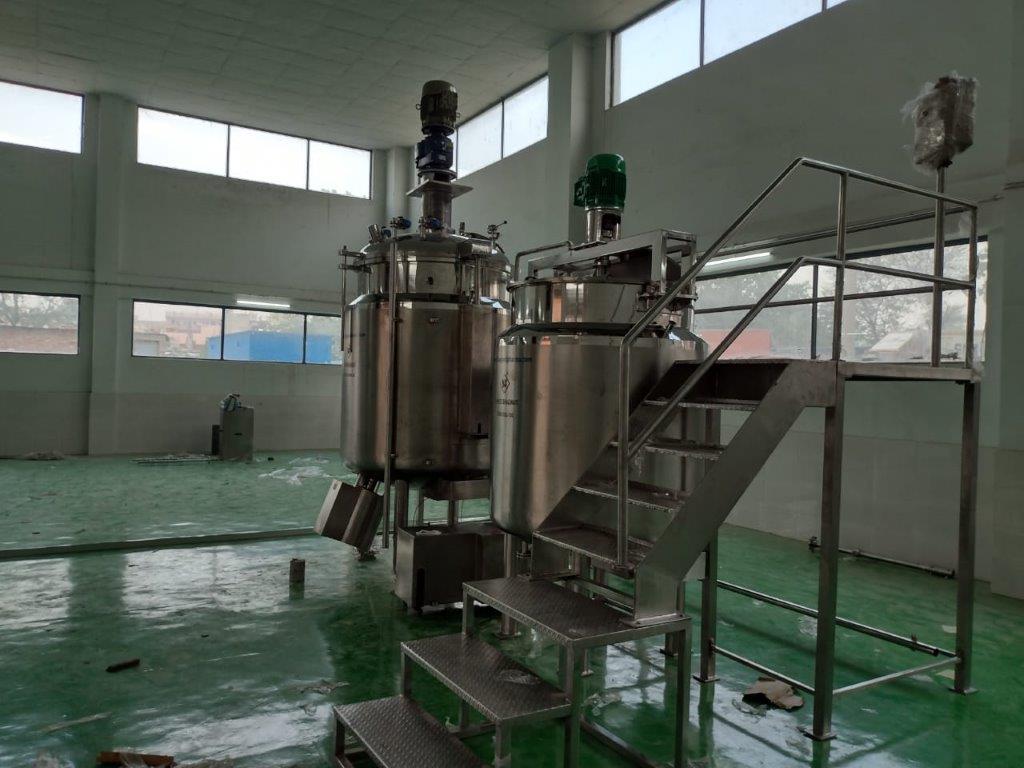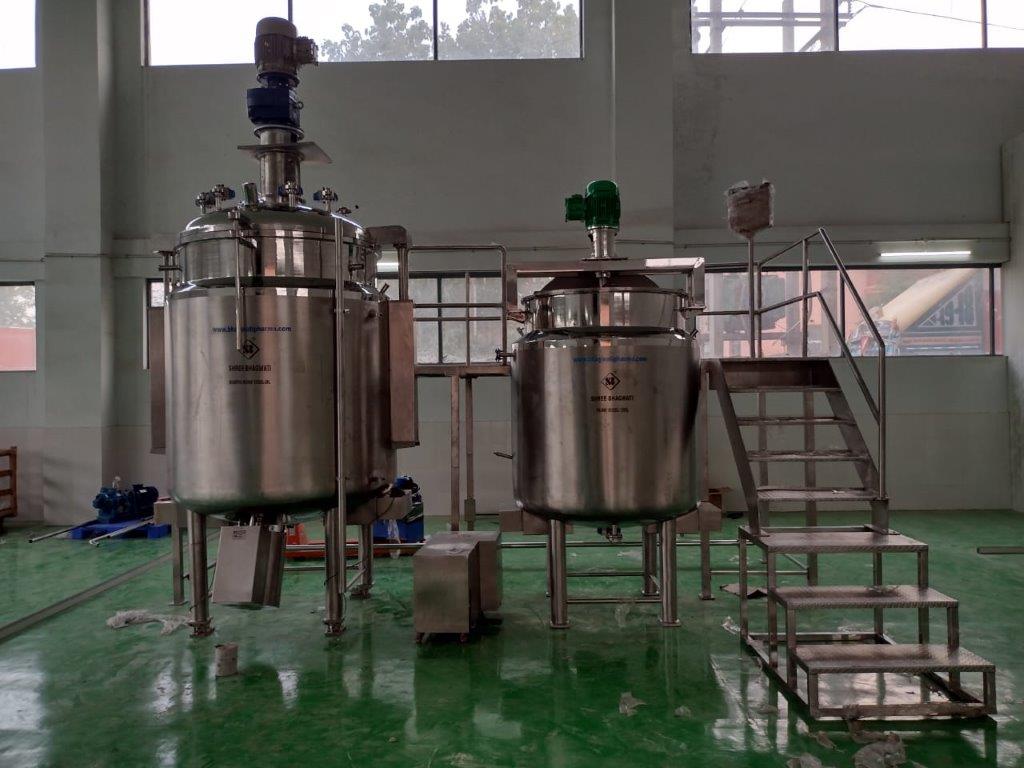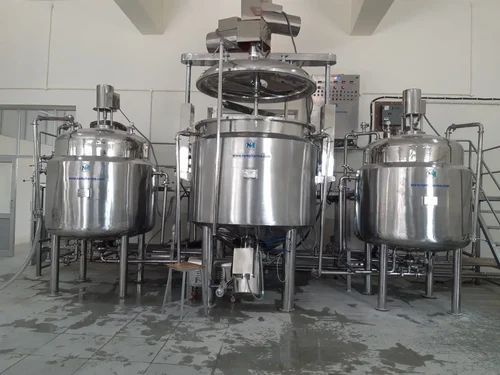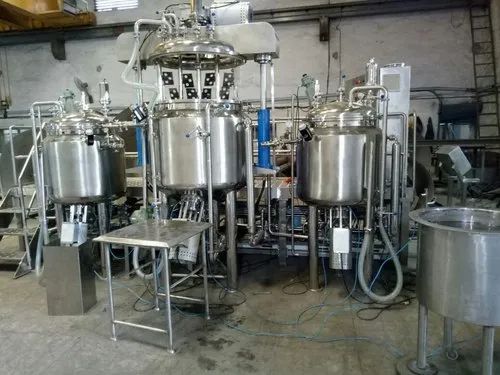Ensuring Quality Control Excellence – The Key to Safe and Effective Ointment Manufacturing
Quality control plays a crucial role in the manufacturing process of ointments. Throughout the manufacturing process, strict quality assurance processes are used to guarantee the ointments’ safety, effectiveness, and consistency.
Ointments are semi-solid dosage forms that consist of a base, active pharmaceutical ingredients (APIs), and other excipients. The quality of these formulations is critical to their performance and patient outcomes. Quality control encompasses a range of activities performed to verify that ointments meet defined specifications and quality standards. It involves testing raw materials, analyzing formulations, conducting physical and microbiological tests, and complying with good manufacturing practices (GMP).
Good manufacturing practices (GMP), usually referred to as quality control, are a collection of rules that help producers in producing drugs, medical equipment, foods, and cosmetics that are safe for consumers. These guidelines include a number of important elements, including development and manufacture, testing, and storage.
Good manufacturing practices (GMP) are important for any industry that makes topical or consumable products because it ensures that all produced items do not contain contaminants or harmful substances that could cause problems for consumers. This can mitigate the risk of recalls or lawsuits and can protect businesses against legal penalties.
Importance of Quality Control in Ointment Manufacturing
It is impossible to emphasis the value of quality control in the production of ointments. It guarantees the products’ consistency in composition, appearance, and performance as well as their safety and efficacy. Quality control measures help identify and address any issues or deviations during the manufacturing process, preventing defects and ensuring that the final product meets the intended quality attributes. By implementing robust quality control practices, manufacturers can enhance patient safety, maintain regulatory compliance, and safeguard their brand reputation.
Ensuring Quality Control Excellence in Ointment Manufacturing
It is crucial to stick to the same stringent quality control standards throughout the initial phases of ointment manufacture as are used during the formulation and development of drugs. These include ensuring that all raw materials are dispensed and verified according to written procedures.
Record any deviations that occur from these procedures, and have qualified personnel investigate and write a report. It should include the deviation, the investigation, the impact on product quality, and any follow-up activities required.
Maintain records of all fabrication, packaging, labelling, testing and distribution in a simple form that allows the complete history of a lot to be traced.


Ensure that these records are organized in a clear and accessible manner, allowing for easy understanding. It’s also crucial to keep track of them in order to spot any particular or recurring issues that need fixing.
You must conduct tests and inspections throughout the production process to make sure that your products and procedures are operating as planned. This includes sampling and assessing the strength, purity, and potency of your raw materials, and confirming that they are following specifications. You must also check and monitor environmental conditions and equipment used in your manufacturing and packaging processes.
Your quality control department must also review and assess complaints about your products. This should be done using procedures that incorporate quality risk management principles, and that record all original details of the complaint.
Customer complaints serve as valuable insights that can aid in enhancing production and testing protocols. They offer valuable information regarding the performance of a product and can pinpoint areas that require attention, such as storage or transportation concerns.
Implementing a change control system enables you to make modifications to production or packaging processes without compromising the quality of your product. The process should involve a formal and detailed evaluation of the change, with a written approval process that documents the proposed changes and their effective dates.
Carry out inspections and another testing on the materials, bulk containers, major items of equipment and rooms used in your ointment manufacturing processes. These inspections should involve thorough checks to detect any contamination, microbial growth, or other elements that could potentially jeopardize the safety of the product.
Ensure that transfer lines and hoses are connected properly to avoid cross-contamination. If you utilize large containers or equipment to move materials to or from processing and packaging facilities, it is essential to inspect them for contamination regularly and maintain cleanliness at all times.


Advanced Modular System for High-Quality Emulsion Production in Topical Products
There is a growing market for topical products. These substances are utilized in both medical and cosmetic products, such as ointments, creams, and gels. They possess distinct characteristics that enhance their appearance and make them convenient to use. They may be based on water, hydro-alcoholic solutions, polyhydric alcohol or oily substances such as emulsion bases.
They have a wide range of actives and can be produced in both solid and liquid dosage forms. The physicochemical properties of the drug, the disease it treats and the patient receiving it are important factors in choosing the correct formulation.
The creams and ointments require careful preparation in a controlled environment to ensure their high quality and safety for users. To achieve this, clean-in-place (CIP) systems are employed to cleanse and sanitize all the containers before proceeding to the next stage.
To meet these requirements, Shree Bhagwati Pharma has developed a sophisticated modular system that produces a wide range of emulsions in different viscosities. It offers consistent high-quality emulsions, shorter batch cycles, minimal operating costs and lower space requirements.
















